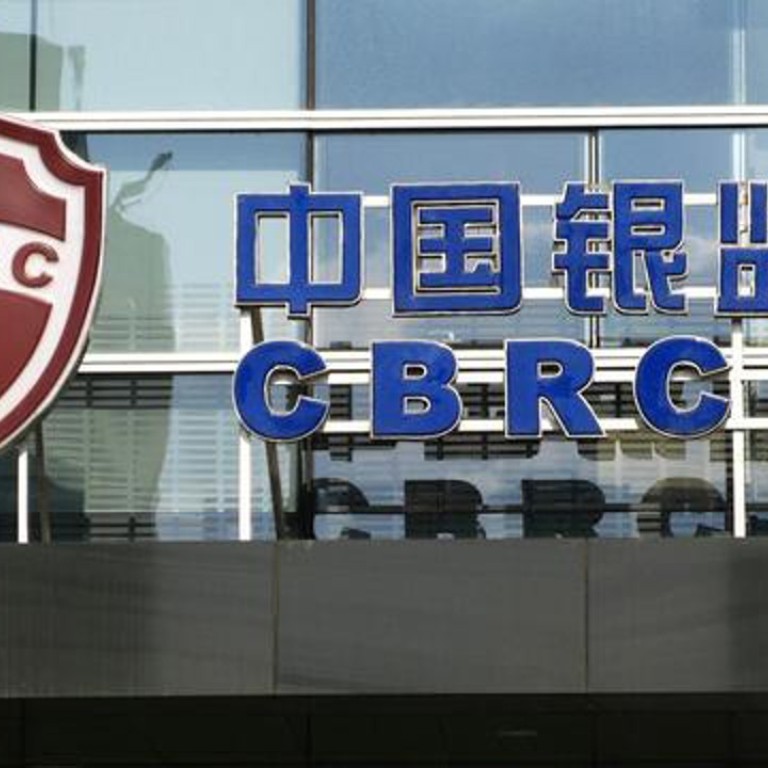
‘Shut the revolving door’ between the watchdogs and the watched in China’s financial industry
Move essential to tamp down risks brought on by conflicts of interest, article in Communist Party mouthpiece argues
China needs to block the “revolving door” between financial regulators and the wider industry to stop conflicts of interest and stem risks.
That was message delivered in a leading comment piece in Communist Party mouthpiece People’s Daily on Monday, just days after a top central bank official said the industry was plagued by collusion between regulators and the regulated, or “an alliance between cats and rats”.
The article called on the authorities to “block vested interests between regulators and financial institutions and dismantle the revolving door between them, so that regulators can identify risks and make fair judgments”.
It is not uncommon for Chinese financial officials to quit their jobs for better-paying positions in the industry they formerly oversaw – just as there is a revolving door between Washington and Wall Street.
For example, in August 2016, Yao Yudong left his job as head of a research institute at the People’s Bank of China to take up a research role at Shenzhen-based Dacheng Fund.
Before him, Wu Ge, a division chief at a central bank unit in charge of exchange rate policy, left his state job to become a chief economist at Chinese brokerage Huarong Securities. At least three officials at the central bank’s payment department quit in 2016 for other positions, according to Chinese media reports.
There were no general rules banning officials from joining the private sector but some regulators are tightening up on such career moves as Chinese President Xi Jinping makes preventing financial risks one of the country’s top priorities.
The banking watchdog, the China Banking Regulatory Commission (CBRC), has introduced a range of “firewalls” to prevent collusion between the public and private sector.
In July, the CBRC said staff could not take a leading role in a commission branch in their hometown or take a job at an agency overseeing financial institutions in which a relative had a stake of more than 5 per cent.
CBRC officials in senior positions also have to wait at least three years after their resignation or retirement before they can take a job at a bank or financial institution that used to be under their direct supervision, according to financial news outlet Caixin. Employees at lower levels must wait at least two years to make the transition.
In addition, the CBRC punished 69 staff last year for failing to fulfil their regulatory duties.
Officials at the CBRC’s Sichuan bureau were also publicly shamed for failing to spot a multimillion dollar bad-debt cover-up at the Chengdu branch of the Shanghai Pudong Development Bank which came to light last month.
The branch, which had reported “zero” non-performing loans for years, was fined 462 million yuan (US$72 million) for using 1,493 shell companies to hide problematic loans.

